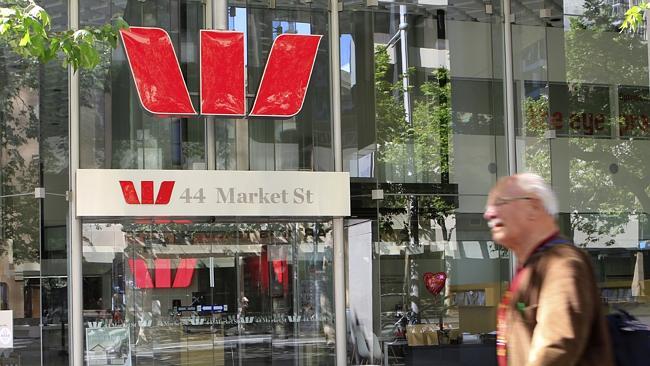Westpac curbs lending to foreign property buyers
Westpac has followed suit with other big banks by restricting lending to foreign property investors.

Westpac has followed rivals ANZ and CBA in restricting lending to foreign buyers of Australian property.
The decision will see Westpac refuse all mortgage applications from nonresidents, temporary visa holders living overseas as well as those with foreign self-employed income.
The bank will also cut the acceptable loan-to-value ratio for domestic applications that rely on foreign income to 70 per cent, from 80 per cent previously. This means such buyers will need to stump up a deposit of 30 per cent.
“In line with Westpac Group’s responsible lending practices, we have strengthened our policies regarding nonresidents lending and foreign income, which represent a very small component of our loan book,” the bank said.
Westpac’s decision is effective from April 26 and will also apply to Westpac subsidiaries St George, Bank of Melbourne and BankSA.
Westpac’s loans for Australian citizens and permanent residents are unaffected by the decision.
The crackdown follows pressure from regulators and similar actions from CBA and ANZ in recent weeks.
On March 30, ANZ initiated a policy that ensures borrowers who generate all their income offshore are turned away, while also capping loan-to-value ratios for those with more than half their income from foreign sources at 70 per cent.
CBA followed on April 20 with a similar cut in acceptable loan-to-value ratios, while also informing brokers it would shun all applications that relied on self-employed foreign income as well as those from temporary residents who received offshore income.
The Westpac move also comes on the heels of concerns from the RBA over the impact of foreign buyers on the property market.
“It still only accounts for a small fraction of overall market activity,” the RBA said earlier this month. “Nonetheless, if a significant subset of buyers reduce their demand sharply, this can weigh on housing prices ... that could weigh on domestic property prices and so lead to losses on the banks’ broader property-related exposures.”
Riki Polygenis, NAB’s head of Australian economics, this week tagged Chinese investment as the “wildcard” for the local market, though tipped more upside risks than downside despite the recent loan crackdown.
“We are actually in a period in which capital outflow from China is heavily restricted … so if the government continues on the path of financial market liberalisation then we really could be opening up the floodgates in terms of the capital that’s able to flow out of China,” Ms Polygenis said.


